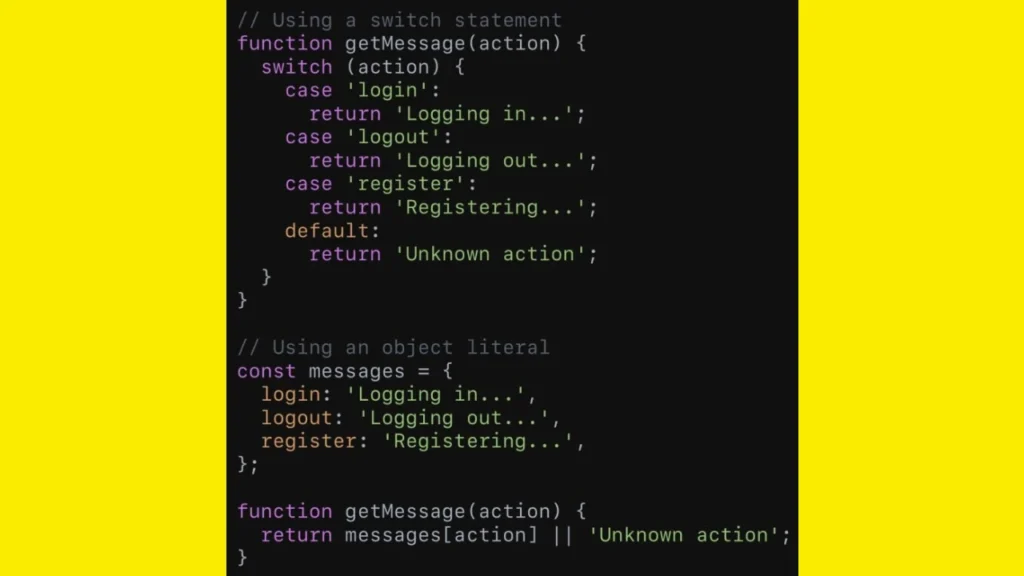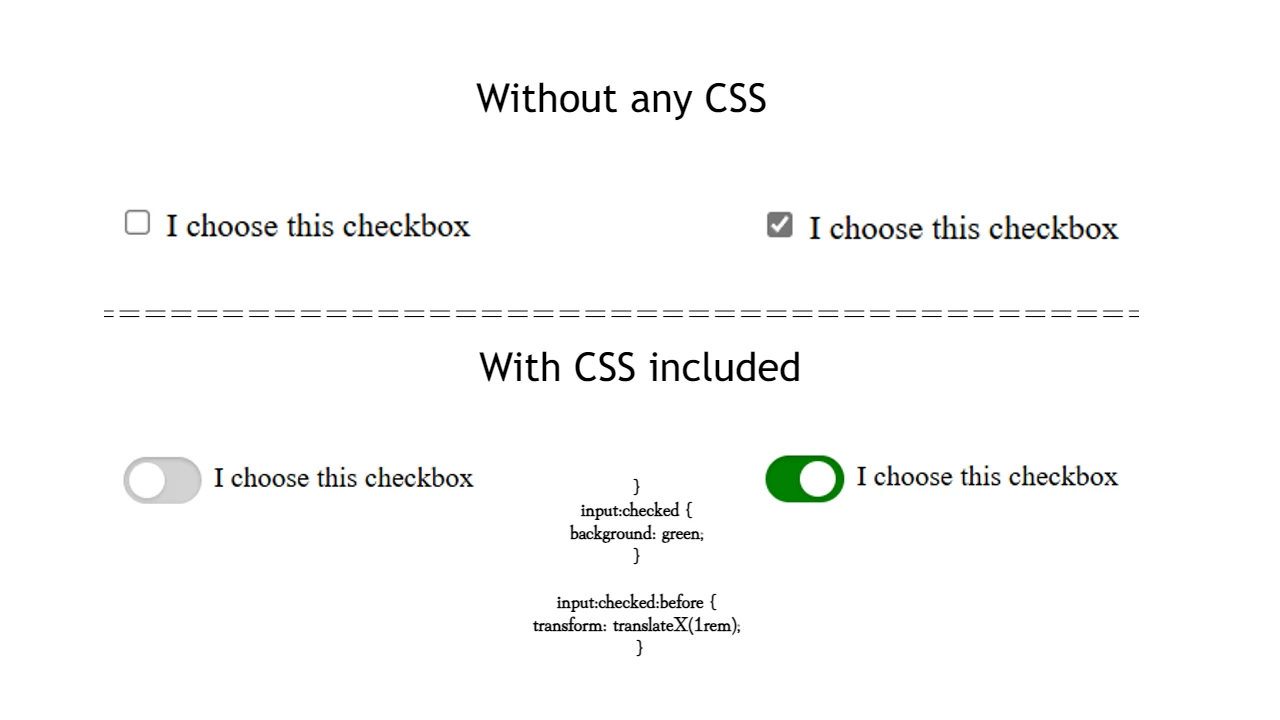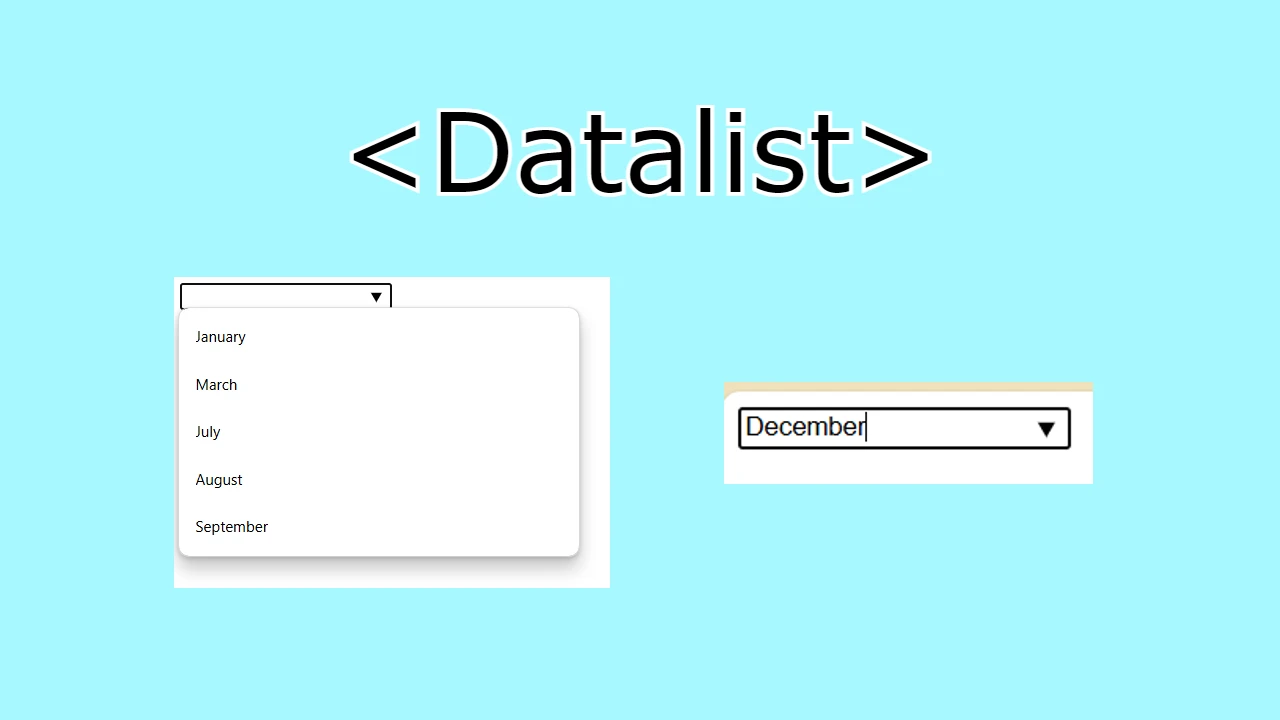As a frontend developer, I’ve often faced the challenge of managing bloated conditional statements—where the code starts resembling a maze of “if-else if-else” conditions. In situations like this, we can turn to a switch statement or an object literal to clean things up. Each has its strengths and tradeoffs, and today, I’ll explain both approaches using the example code below.
Switch Statement
function getMessage(action) {
switch (action) {
case 'login':
return 'Logging in...';
case 'logout':
return 'Logging out...';
case 'register':
return 'Registering...';
default:
return 'Unknown action';
}
}The switch statement provides an intuitive structure for handling multiple cases. Here’s what I like about it:
- Readable Flow: Each case is clearly delineated.
- Default Fallback: It’s easy to specify a fallback for unknown cases.
However, as the number of cases grows, this approach can become verbose and harder to maintain.
Object Literal
const messages = {
login: 'Logging in...',
logout: 'Logging out...',
register: 'Registering...',
};
function getMessage(action) {
return messages[action] || 'Unknown action';
}This alternative approach uses an object to map actions to messages. Why do I love this method?
- Conciseness: A single line retrieves the desired value.
- Extensibility: Adding or updating keys in the object is straightforward.
- Efficiency: It avoids looping or multiple condition checks by directly accessing the property.
Comparison and Use Cases
- Switch Statements: Ideal when you need more complex conditions or logic within each case block (e.g., calculations or function calls).
- Object Literals: Perfect for simple mappings like the one shown above. They’re more compact, easier to read, and less prone to errors as they scale.
My Take
When simplicity and clarity are priorities, I often favor object literals. However, the switch statement remains a reliable tool for cases involving intricate logic. Ultimately, the choice depends on the context and complexity of your use case.




